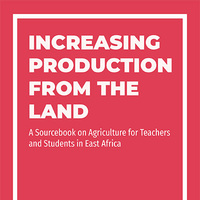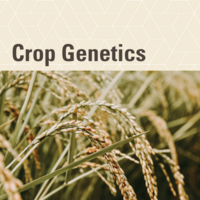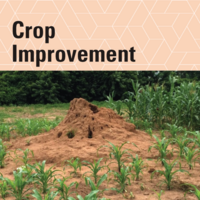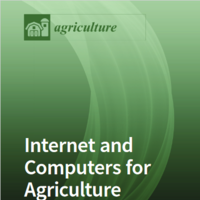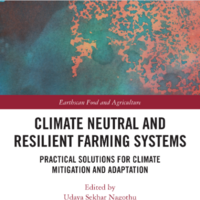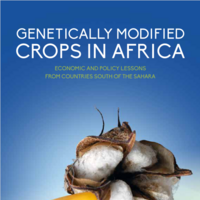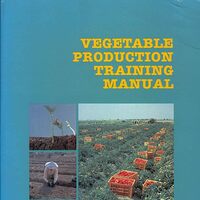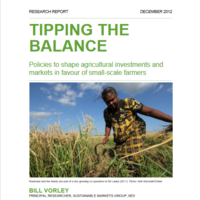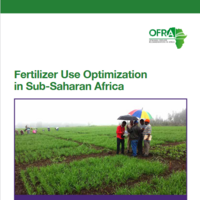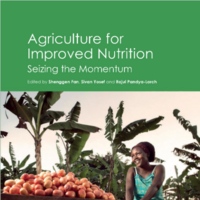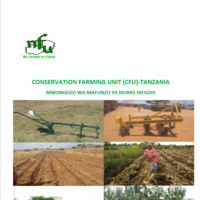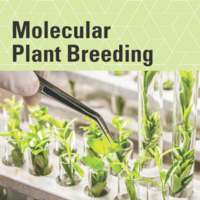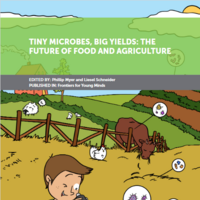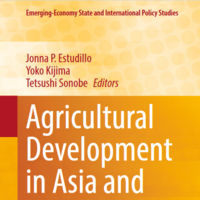Search
Books+
Searching 1,730 books
Search related to the career Agricultural Engineer
Introduction:
Engineering plays a crucial role in enhancing crop production by developing innovative technologies and solutions. By applying engineering principles, various aspects of crop production can be optimized, leading to increased yields, improved efficiency, and sustainable practices. Here are some key areas where engineering contributes to crop production:
1. Agricultural Machinery:
Engineering designs and manufactures advanced agricultural machinery and equipment that aid in various stages of crop production. This includes tractors, harvesters, planters, irrigation systems, and precision farming tools. These machines help farmers automate tasks, increase productivity, and reduce labor requirements.
2. Irrigation Systems:
Engineering expertise is essential in designing efficient irrigation systems that ensure crops receive adequate water supply. Engineers develop technologies such as drip irrigation, sprinkler systems, and moisture sensors, which help optimize water usage, minimize wastage, and improve crop health.
3. Crop Monitoring and Management:
Engineers contribute to the development of remote sensing technologies, drones, and satellite imaging systems. These tools enable farmers to monitor crop health, detect diseases, assess nutrient deficiencies, and optimize fertilizer application. By providing real-time data and analysis, engineering helps farmers make informed decisions for crop management.
4. Genetic Engineering and Biotechnology:
Engineering plays a significant role in genetic engineering and biotechnology, which contribute to crop improvement. Engineers work on modifying plant genetics to enhance traits such as disease resistance, drought tolerance, and yield potential. Biotechnological techniques like tissue culture, genetic transformation, and marker-assisted breeding are used to develop improved crop varieties.
5. Post-Harvest Technology:
Engineering contributes to post-harvest technology by designing and developing storage facilities, processing equipment, and packaging solutions. Engineers focus on maintaining the quality and freshness of harvested crops, reducing post-harvest losses, and extending shelf life. This ensures that crops reach consumers in optimal condition.
6. Sustainable Farming Practices:
Engineering plays a crucial role in promoting sustainable farming practices. Engineers develop technologies for soil and water conservation, waste management, and renewable energy integration on farms. By optimizing resource utilization and minimizing environmental impact, engineering helps farmers adopt sustainable and eco-friendly practices.
Conclusion:
Engineering is instrumental in revolutionizing crop production by introducing innovative technologies, machinery, and practices. Through advancements in agricultural machinery, irrigation systems, crop monitoring, genetic engineering, post-harvest technology, and sustainable farming practices, engineering contributes to increased productivity, improved efficiency, and sustainable crop production.
Source: Various AI tools
